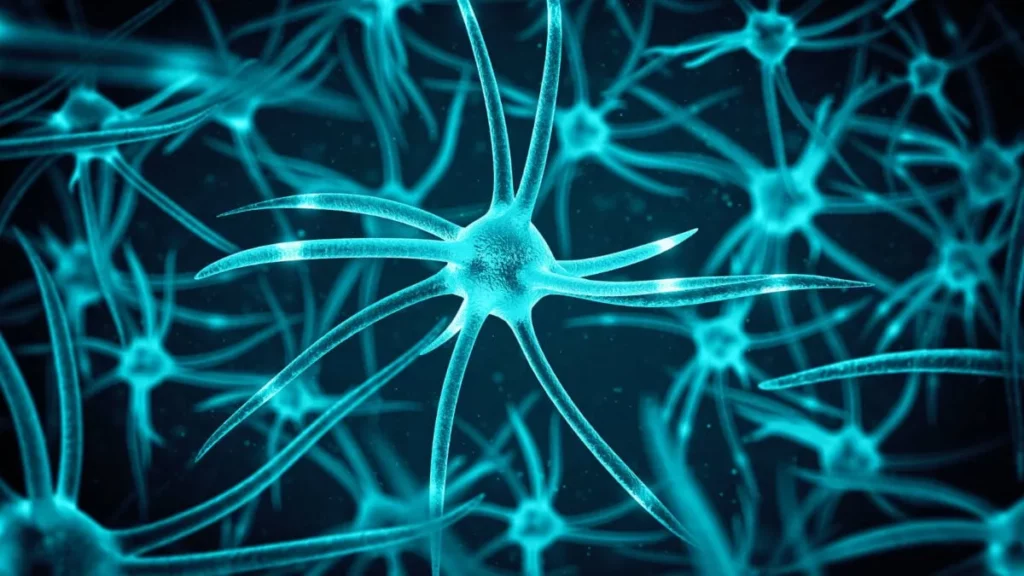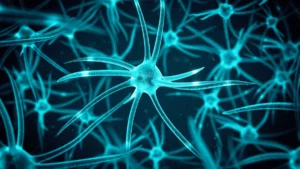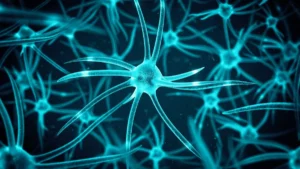
New Research Debunks Myth That Brain Cells Stop Growing After Childhood
A recent study published in the esteemed scientific journal Science has finally put to rest a long-standing misconception – the notion that brain cells cease to grow and develop after childhood. In a groundbreaking discovery, researchers from Sweden have found conclusive evidence of neural stem cells growing, dividing, and eventually maturing into new neurons within adult human brains.
The study, led by Marta Paterlini, a neuroscientist at the Karolinska Institute in Stockholm, reveals that our brain’s ability to produce new nerve cells, also known as neurogenesis, continues throughout our lives. This remarkable finding has far-reaching implications for our understanding of the human brain and its capacity for regeneration.
In their analysis, the team examined over 400,000 individual cell nuclei from a wide range of age groups, from infancy to late adulthood. By utilizing cutting-edge methods, they were able to identify the characteristics of these cells on an individual level and track the genes being expressed by each nucleus. The results showed that neural stem cells are present in various stages of development throughout adult brains.
Significantly, the researchers observed these precursor cells alongside fully formed neurons, which were situated in a specific brain region called the dentate gyrus – a critical area responsible for facilitating certain types of memory formation.
The findings from this study not only confirm earlier research but also shed new light on several key aspects. For instance, it’s been discovered that adult human brains exhibit distinct patterns of gene activity compared to those found in animal models with well-established neurogenesis. This disparity could potentially inform the development of more targeted therapeutic strategies for various neurological disorders.
The implications of this study extend far beyond basic scientific understanding. The researchers’ discovery hints at novel approaches to treating conditions that affect cognitive function and other neurological diseases, as well as enhancing our ability to adapt and recover from serious head injuries.
The findings also have significant implications for the concept of lifelong learning and the incredible potential it holds for humanity’s future.
Source: gizmodo.com


